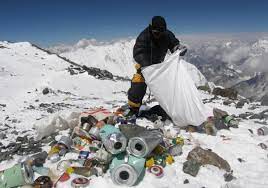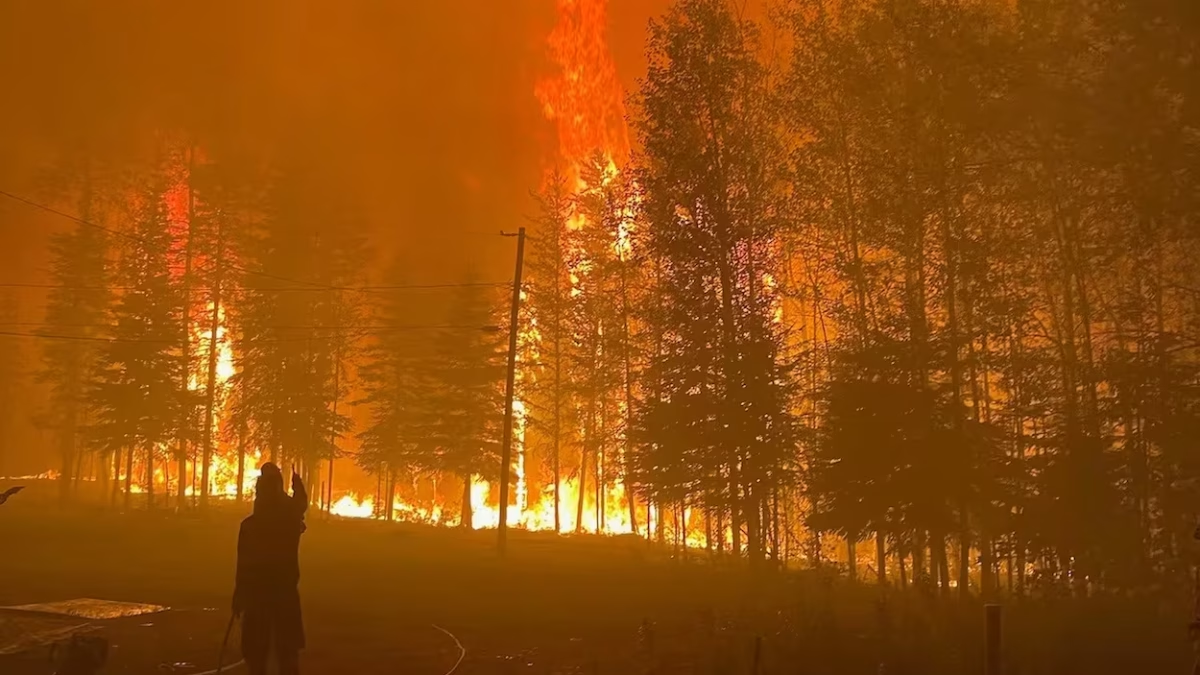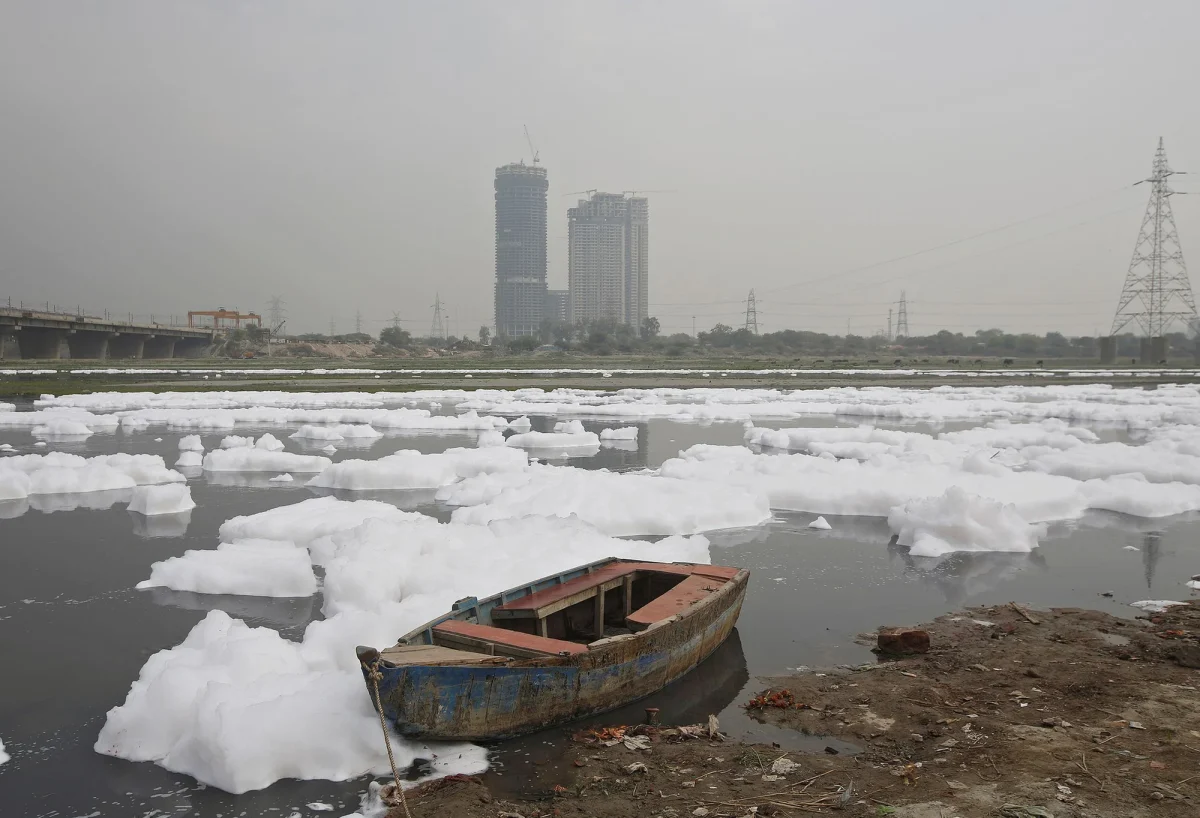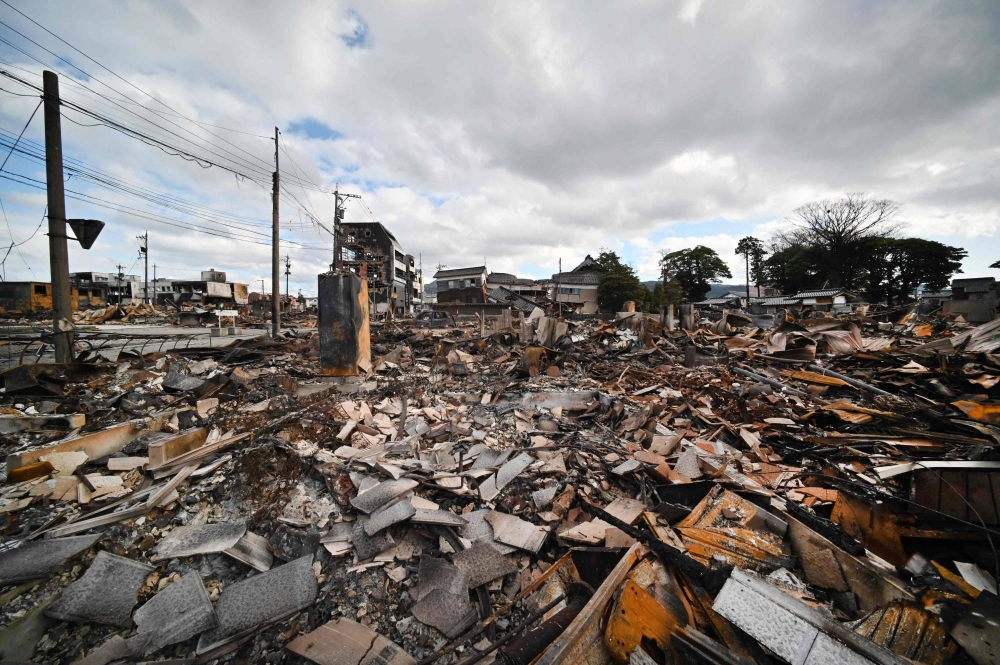
A new rule has been established about poop on the Everest. Climbers will now need to bring their poop back down at their camp base.
Like everything, the world’s highest mountain has a problem, more like a poop problem. Because of the number of visitors and the harsh conditions on the mountain, the degradation process of climbers’ excrement is interfered. Everyone who was hoping to climb Everest this year will now have to make some slight changes to their packing list. As new rules, every sensation addict will need to bring their excrement down with them to confront pollution. “The problem of human waste on Everest was very bad,” explained Diwas Pokhrel, the first vice-president of Everest Summiteers Association.
Anyone who wants to climb the 8 849-metre Mount Everest in Nepal, has to pay 11 000 US dollars just to get the permit that allows you to go up the mountain. Any food, supplement oxygen or equipment can add up to 35 000 dollars to the check. Jinesh Sindurakar of the Nepal Mountaineering Association told CNN that around 1 200 people are expected on Everest this year. To relieve themself, some people carry their own box for waste, others dig holes in the snow to do what they need to do and some just do it whenever and wherever they want. Every climber will now be given two poop bags, which can be used six times each. “Each person produces 250 grams of excrement a day and they will spend 2 weeks on the higher camps for the summit push,” said Sindurakar.
The stinky side of a mountain that is climbed is that, beyond destroying the beauty of the place, it poses a risk to the health of the local population, near the mountain’s base. There have also resulted in increased deadly consequences for climbers and guides. “By imposing strict waste management regulations, the local government hopes to claim and restore the natural beauty of the Mount Everest Region and combat pollution,” Mingma Chhiri Sherpa, the chairperson of the Khumba Pasanglhamu Rural Municipality, said by email.
Everyone has to do their own part to contribute to the climate crisis, sometimes the actions can seem quite irrelevant but, at least, it does something.






